overwhelmed by water heater choices - need to go tankless - help!
babushka_cat
14 years ago
Related Stories

GREAT HOME PROJECTSHow to Switch to a Tankless Water Heater
New project for a new year: Swap your conventional heater for an energy-saving model — and don’t be fooled by misinformation
Full Story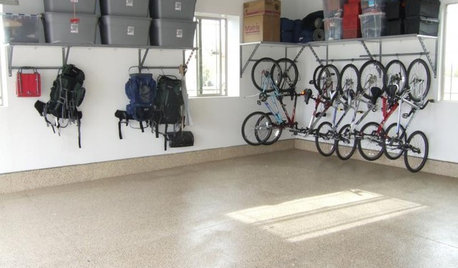
MOST POPULARGarage Cleaning Tips for the Overwhelmed
Don’t let this catch-all space get the better of you. These baby steps can get you started
Full Story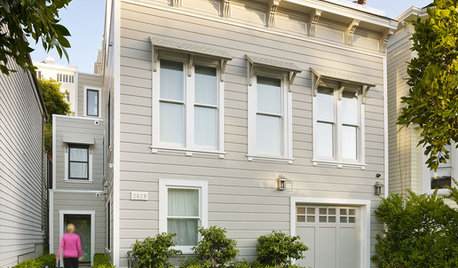
LIFE12 House-Hunting Tips to Help You Make the Right Choice
Stay organized and focused on your quest for a new home, to make the search easier and avoid surprises later
Full Story
COLORPick-a-Paint Help: How to Quit Procrastinating on Color Choice
If you're up to your ears in paint chips but no further to pinning down a hue, our new 3-part series is for you
Full Story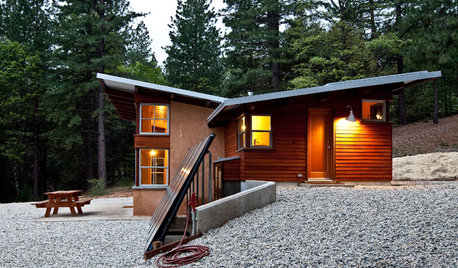
GREAT HOME PROJECTSHow to Add a Solar Water Heater
Lower energy bills without a major renovation by putting the sun to work heating your home’s water
Full Story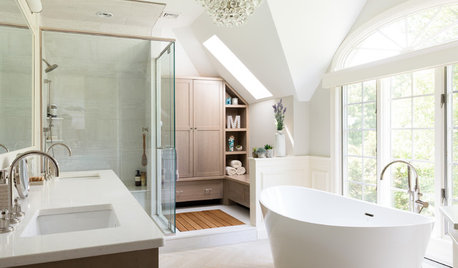
BATHROOM WORKBOOKStandard Fixture Dimensions and Measurements for a Primary Bath
Create a luxe bathroom that functions well with these key measurements and layout tips
Full Story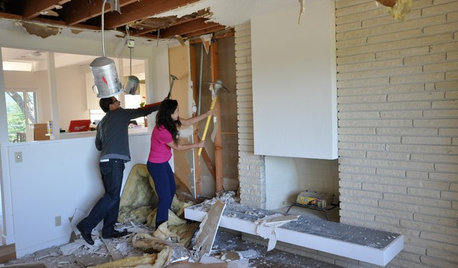
REMODELING GUIDESWisdom to Help Your Relationship Survive a Remodel
Spend less time patching up partnerships and more time spackling and sanding with this insight from a Houzz remodeling survey
Full Story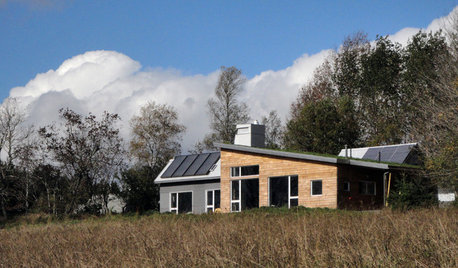
GREEN BUILDINGHouzz Tour: Going Completely Off the Grid in Nova Scotia
Powered by sunshine and built with salvaged materials, this Canadian home is an experiment for green building practices
Full Story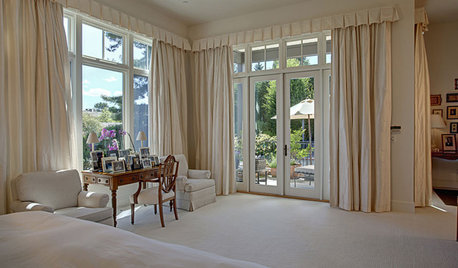
WINDOW TREATMENTSHow Low Should Your Drapes Go?
Hover, brush the floor or pool like Scarlett O'Hara's tears — we give you the lowdown on curtain length options
Full Story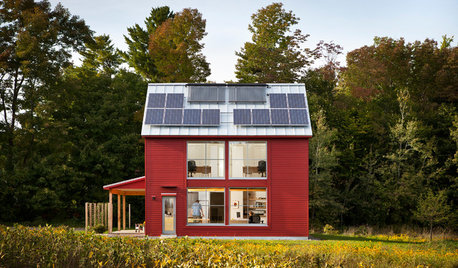
GREEN BUILDINGGoing Solar at Home: Solar Panel Basics
Save money on electricity and reduce your carbon footprint by installing photovoltaic panels. This guide will help you get started
Full Story





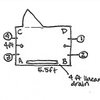

jakethewonderdog
panamamike
Related Professionals
Camarillo Kitchen & Bathroom Remodelers · Chandler Kitchen & Bathroom Remodelers · Gilbert Kitchen & Bathroom Remodelers · North Arlington Kitchen & Bathroom Remodelers · Oxon Hill Kitchen & Bathroom Remodelers · Republic Kitchen & Bathroom Remodelers · Toledo Kitchen & Bathroom Remodelers · Tulsa Kitchen & Bathroom Remodelers · Upper Saint Clair Kitchen & Bathroom Remodelers · Warren Kitchen & Bathroom Remodelers · Middlesex Kitchen & Bathroom Remodelers · Shaker Heights Kitchen & Bathroom Remodelers · Westminster Kitchen & Bathroom Remodelers · Mountain Top Kitchen & Bathroom Remodelers · Tanque Verde Kitchen & Bath Fixtureswisehvac
jakethewonderdog
panamamike
David
wisehvac
panamamike
jakethewonderdog
zl700
babushka_catOriginal Author
wisehvac
David
David